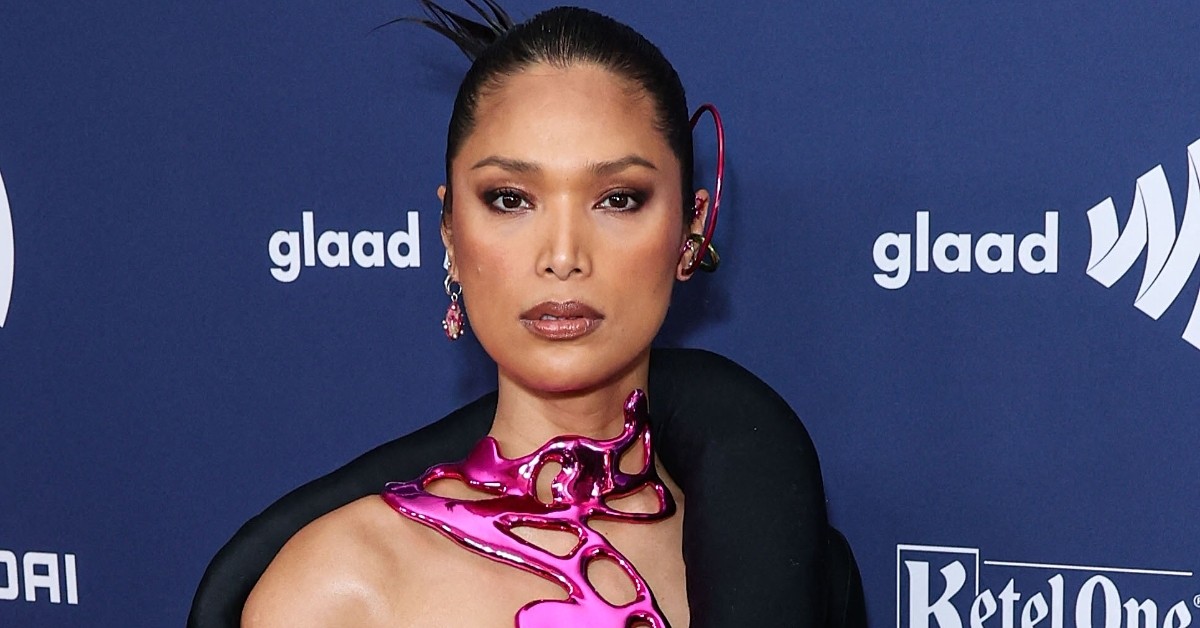BY: Walker
Published 4 years ago

Six Dr. Seuss books will no longer be published due to racist and insensitive imagery, the company announced on Tuesday (March 2). “These books portray people in ways that are hurtful and wrong,” Dr. Seuss Enterprises, which works to preserve and protect the late author’s legacy, told the Associated Press.
via: New York Post
The company that publishes Dr. Seuss’ children’s books said it will stop selling six of his titles because they contain racist and insensitive images.
Dr. Seuss Enterprises — the firm charged with preserving and protecting the beloved author’s legacy — said it scrapped the books because they “portray people in ways that are hurtful and wrong.”
“Ceasing sales of these books is only part of our commitment and our broader plan to ensure Dr. Seuss Enterprises’ catalog represents and supports all communities and families,” the company said in a statement Tuesday, which is also the author’s birthday.
Dr. Seuss Enterprises said it decided last year to stop publishing and licensing the titles — which include “If I Ran the Zoo,” “And to Think That I Saw It on Mulberry Street,” “McElligot’s Pool,” “On Beyond Zebra!,” “Scrambled Eggs Super!” and “The Cat’s Quizzer” — after consulting with a panel of educators and other experts.

“And To Think That I Saw It on Mulberry Street” includes a drawing of a Chinese man with slits for eyes.
While Dr. Seuss — whose real name was Theodor Seuss Geisel — remains one of the world’s most popular children’s authors three decades after his death, his books have come under fire in recent years for how they portray black people, Asian people and other groups.

In “If I Ran the Zoo,” African characters are drawn to look like monkeys.

“If I Ran the Zoo” also features an Arab chieftain riding a camel.
“If I Ran the Zoo,” for instance, has been panned for depicting Africans as “potbellied” and “thick-lipped,” as one biography of Seuss put it. It also describes Asian characters as “helpers who all wear their eyes at a slant” from “countries no one can spell,” notes a 2019 paper on Geisel’s work published in the journal Research on Diversity in Youth Literature.
And “Mulberry Street,” the first children’s book Geisel published under his pen name, contains a controversial illustration of an Asian man holding chopsticks and a bowl of rice whom the text called a “Chinaman who eats with sticks.”

Six Dr. Seuss books will stop being published because of racist and insensitive imagery.
The concerns recently came to a head around Read Across America Day, a National Educational Association-back children’s reading initiative that’s celebrated on the author’s birthday.
President Biden avoided mentioning Dr. Seuss in his presidential proclamation for Read Across America Day, and a Virginia school district ordered its teachers to avoid linking the day with the late writer because research has shown “strong racial undertones” in many of his books.
“Dr. Seuss Enterprises listened and took feedback from our audiences including teachers, academics and specialists in the field as part of our review process,” the company told the Associated Press. “We then worked with a panel of experts, including educators, to review our catalog of titles.”
Dr. Seuss has so many other titles that don’t feature racist imagery, it’s more than okay to let these go.










